In light of the current food crisis brought on by Russia’s invasion of Ukraine, it seems like a good time to reprint my posts about food banks. I wrote this two-part post back in 2013. Since then, need brought on by food insufficiency has only grown more dire. May these posts give my readers food for thought.
– Jadi
I visited the Food for Lane County food bank while doing research for my second book Tsunami Cowboys. One character visits a food bank. It’s a brief scene, a couple pages. Easy enough. Nonetheless, the scene matters.
I spent hours trolling the Web for information. The back of my brain always insists, Get it right, Jadi. Then I remembered I actually know several people who work at non-profits… and I’d never visited a food bank. So, in the interests of research (and a wonderful excuse to see what a friend does all day) I made an appointment to interview Beverlee Potter (at that time Beverlee Hughes), Executive Director of Food For Lane County [FFLC] in Eugene, Oregon.
I thought I knew about the reality of hunger. Uwe and I travel to out-of-the-way places, and God knows we’ve seen poverty and malnutrition in countries and regions all around the globe. But the visit to FFLC brings it back home.
- Fact: 20% of the U.S. population lives in poverty
- Fact: 46 million Americans are on food stamps
- Fact: The number of people needing services has tripled in a decade
- Fact: 1 in every 5 people in Oregon is eligible for food assistance
- Fact: Oregon State has highest rate of childhood hunger in the country (29.0%)
- Fact: 30% of children in Oregon are food insecure *
- Fact: 39% of Lane County residents are eligible for emergency food assistance
- Fact: In some Lane County schools, 95% of all children are eligible for free or reduced cost lunches
What do you do with these facts? If you’re Beverlee, you get to work. She and her staff of 58 achieve an astonishing range of goals:
- Emergency & Mobile food pantries (distributing just under 8 million lbs. of food/year)
- Emergency Meal sites & shelters
- 3 Child Nutrition Programs
- Food Rescue Express & Fresh Alliance (distributing 1 million lbs. of food/year)
- 2 gardens & a 6-acre farm that grow food & build self-esteem. FFLC hires at-risk kids and through internships teaches them teamwork, punctuality, customer services, etc. Daily lunches at the gardens teach people what freshly harvested produce tastes like.
- Extra Helping, food for low-income housing sites
- Rural deliveries
- Delivery of once-a-month food boxes for low-income seniors
- A farm stand outside PTA meetings where parents can pick up food as they leave
- The Dining Room, the food bank’s sit-down restaurant in downtown Eugene, offering free 4-5 course meals. They serve up to 300 meals a night.
- Shopping Matters, classes to teach people on limited budgets how to shop for food
- Cooking Matters, free cooking & nutrition classes
***
Beverlee Potter has since retired. The amazing work of Food For Lane County continues. For more information: https://foodforlanecounty.org/
I’ll post Part 2 tomorrow.
NOTES: *Food insecurity—the condition assessed in the food security survey and represented in USDA food security reports—is a household-level economic and social condition of limited or uncertain access to adequate food. Copyright © 2013 Jadi Campbell. Previously published as A Visit to the Food Bank, Part One. Keep in mind that the statistics on hunger cited here are from 2013.
ere for my author page to learn more about me and purchase my books. My main character in Tsunami Cowboys goes to the food bank.



 Anne Frank was born on June 12, 1929 in Frankfurt am Main, Germany. Her unexpectedly discovered journal The Diary of Anne Frank is a testament to the endurance of the human spirit. In honor of her life I am reprinting my first post about Stolpersteine, the Stumbling Stones laid throughout the world to remember the lives of those killed by repressive regimes. – Jadi
Anne Frank was born on June 12, 1929 in Frankfurt am Main, Germany. Her unexpectedly discovered journal The Diary of Anne Frank is a testament to the endurance of the human spirit. In honor of her life I am reprinting my first post about Stolpersteine, the Stumbling Stones laid throughout the world to remember the lives of those killed by repressive regimes. – Jadi













 Environmental activist, writer, wilderness traveler, Zen Buddhist student and teacher, Peter Matthiessen was born May 22, 1927 in New York City, New York. He was a CIA officer in his early 20s, one of the few acts of his life that he regretted. He co-founded The Paris Review, one of English language’s most important literary journals. His book Shadow Country won the National Book Award for fiction, and he won again in nonfiction for The Snow Leopard. He remains the only writer to have won in both categories.
Environmental activist, writer, wilderness traveler, Zen Buddhist student and teacher, Peter Matthiessen was born May 22, 1927 in New York City, New York. He was a CIA officer in his early 20s, one of the few acts of his life that he regretted. He co-founded The Paris Review, one of English language’s most important literary journals. His book Shadow Country won the National Book Award for fiction, and he won again in nonfiction for The Snow Leopard. He remains the only writer to have won in both categories.



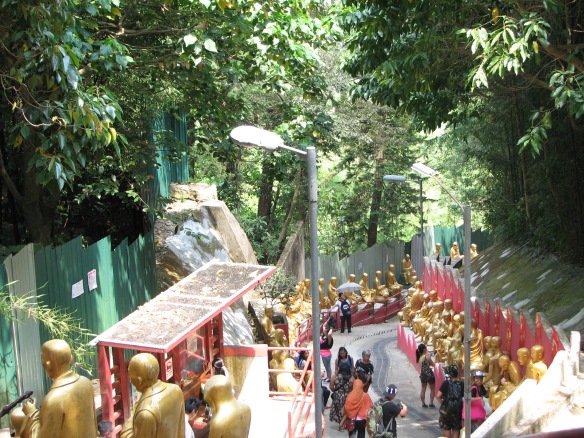

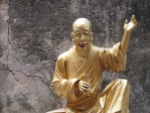
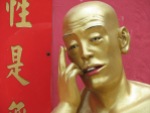


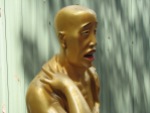


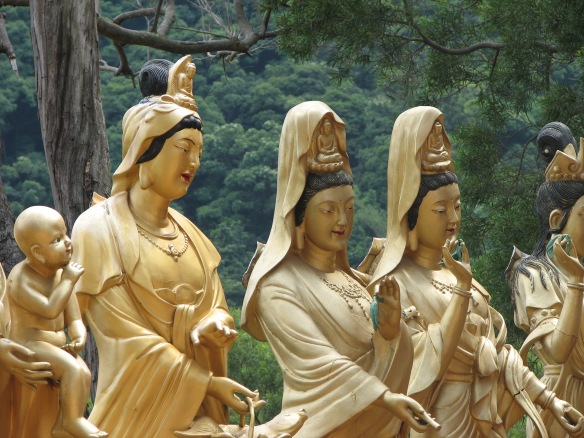
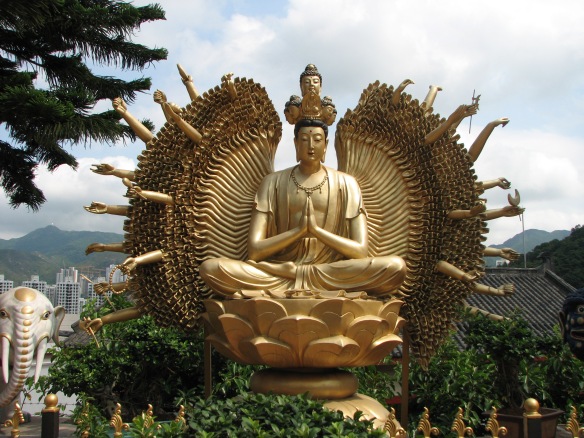




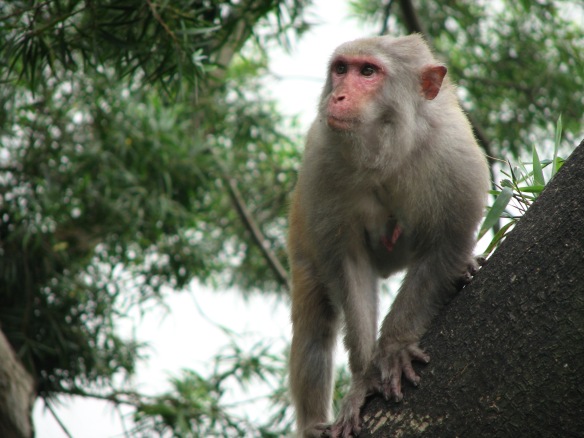




 And I go for walks, and practice self-care. I love to cook, so that’s more than all right. I can take my time with elaborate recipes. Great way to channel my restlessness. Uwe and I live together in lockdown harmoniously most of the time.
And I go for walks, and practice self-care. I love to cook, so that’s more than all right. I can take my time with elaborate recipes. Great way to channel my restlessness. Uwe and I live together in lockdown harmoniously most of the time.










 We heard it before we saw it. Drums, lots of drums…
We heard it before we saw it. Drums, lots of drums…

 What tickles me most about the walls is that once you’re on them, you could be on a wide boulevard anywhere in the world. Except that this is China, and this isn’t a boulevard…. It’s a wide street located on top of Xi’an’s city walls. Travel doesn’t get any better than this.
What tickles me most about the walls is that once you’re on them, you could be on a wide boulevard anywhere in the world. Except that this is China, and this isn’t a boulevard…. It’s a wide street located on top of Xi’an’s city walls. Travel doesn’t get any better than this.

